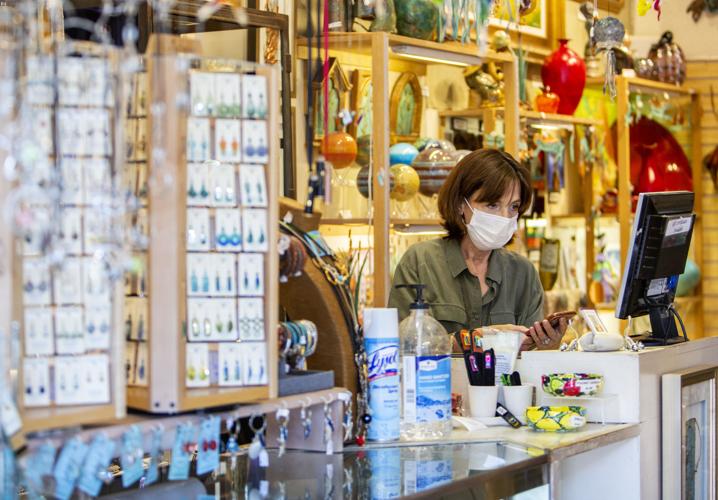If you run a business or house of worship that is not taking appropriate steps to protect the people who depend on you, you are asking to be sued.
Worrying about a personal-injury lawsuit during a pandemic may feel unseemly, but the civil justice system offers some much-needed clarity on the steps that businesses and institutions need to take now amid the COVID-19 pandemic.
An essential business that chooses to stay open is making an important contribution to its community but needs to follow the risk-reduction rules and recommendations that apply to it. The legal situation is more precarious for a nonessential business that chooses to reopen and ends up doing more harm than good.
Businesses always have legal duties to their customers and to others. They must maintain a reasonably safe environment and conduct their operations in a reasonably safe manner. Judges and juries decide what is reasonably safe in several ways.
At a minimum, they are likely to expect a business to comply with rules and recommendations for social distancing put out by local, state and federal governments. They also may look to even more stringent measures implemented by other companies. And they will balance the severity of the risks — contracting and spreading a virus that has already killed tens of thousands of people — with the burden of preventing those risks and the benefit that the particular business provides to society. All these approaches suggest that reasonable care now requires great caution.
We have road maps for how a responsible business or institution can protect people. Some common themes emerge from current rules, recommendations and practices: Allow people to work from home whenever possible. Mandate masks in any indoor or potentially crowded environment such as an open-air market. Limit the number of people in a store or office, and use visual guidance like tape on the floor to maintain social distancing. Require proper hand hygiene, sterilize high-touch areas, keep symptomatic people away from others. Implement curbside delivery. Carefully train and supervise employees in these practices.
The road map for safely conducting business continues to change, and a reasonable business stays informed and adjusts accordingly.
Because COVID-19 is spreading in almost every community now, it may seem difficult or even unfair to hold a business or house of worship liable for any one illness. But courts have tools to manage this, and it is unlikely that community spread will give any business permission to be irresponsible.
Liability insurance may not protect business and institutions that insist on behaving badly. Insurers generally won’t cover damages from unlawful or intentional behavior. Unlawful behavior likely includes running afoul of public health rules enforced by a misdemeanor, and intentional likely includes ignoring recommendations. Any such behavior will certainly make insurers look twice at paying for a claim.
Employers may also risk liability if they fail to reasonably protect their employees or prevent employees from taking reasonable steps to protect themselves. Generally, employee injury is a matter for workers compensation insurance and not for lawsuits, but there are limits to this. Intentional employer misconduct is an exception, and refusing to follow public health rules and recommendations seems particularly culpable. Employers that act irresponsibly may face liability they did not expect, again with the added risk of no liability insurance coverage.
Employers and owners aren’t expected to do the impossible, and sometimes rules and recommendations run up against our less-than-perfect reality. But businesses and institutions still have a duty to make reasonable decisions in light of these circumstances.
Operations that are not truly essential to the community may need to stay closed until they can conduct business in a reasonable manner, even if the governor says they can be open. Operations that are essential will have to do what is possible, protect their employees and customers as best as they can and be open and honest about the risks.
The pandemic has highlighted courage, creativity and decency in our communities. Workers — whether they are employees, contractors or owners — often put themselves and their families at risk to serve our community. This takes bravery and creativity. Tort law will demand, in turn, that businesses and institutions take reasonable steps to protect customers, employees and the community at large.
Jacqueline Fox, Bryant Walker Smith and Marie Boyd are professors at the University of South Carolina School of Law.










